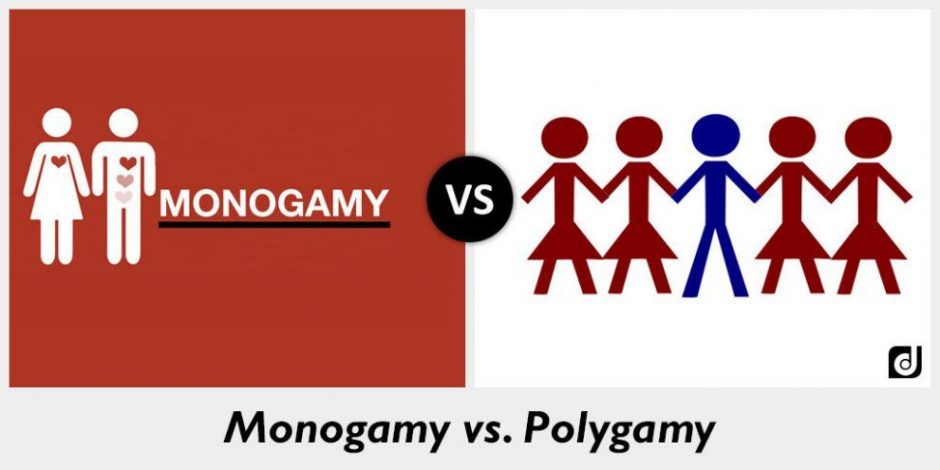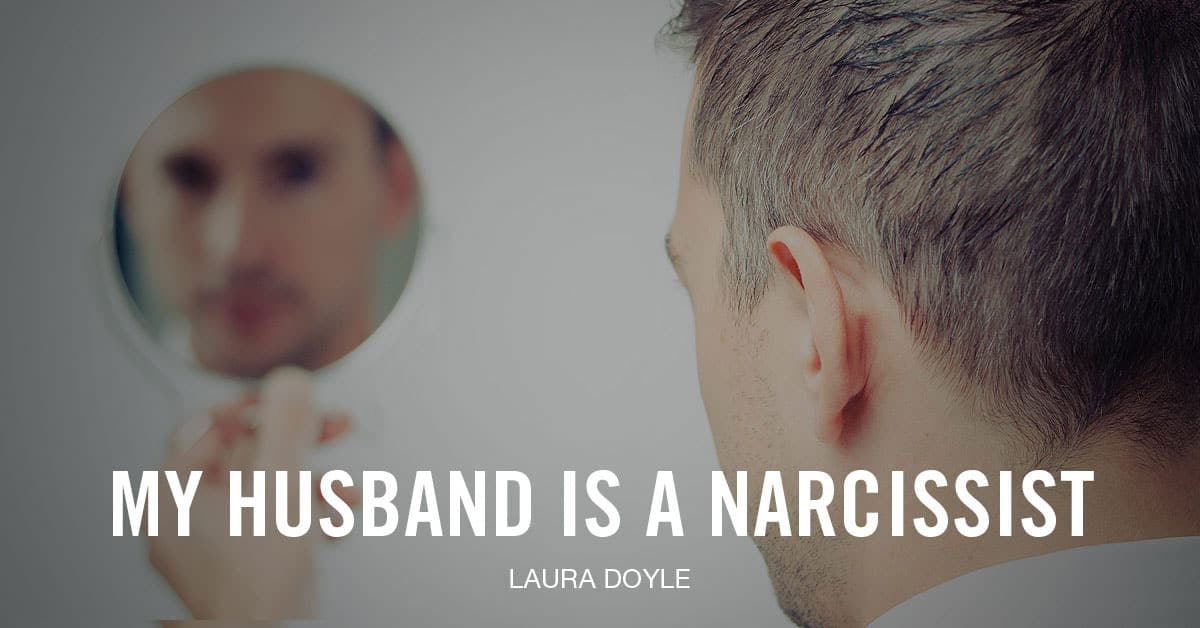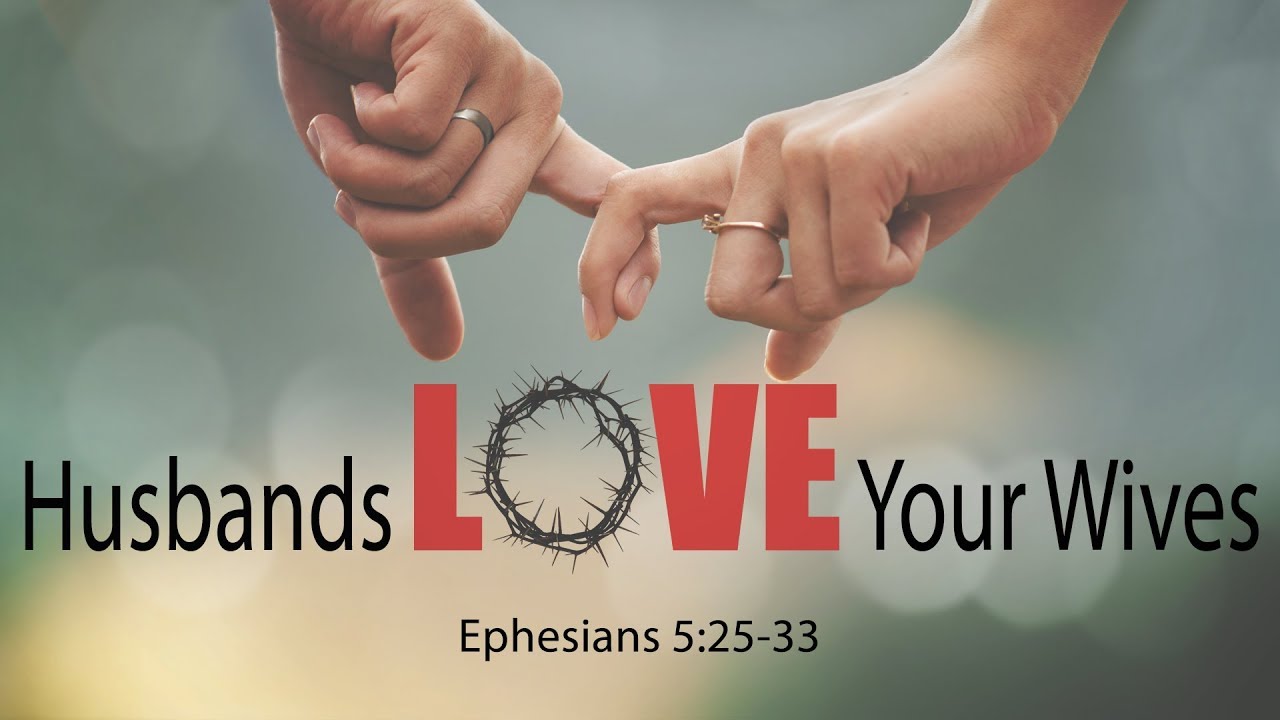All You Need to Know About Monogamy vs Polygamy
No two people are the same, just as no two relationships, whether sexual, platonic, romantic or a combination. Knowing and identifying types of relationships, such as what is monogamy and what polygamy. It is essential for your relationship’s future. If you’re ready to think about what types of relationships (monogamy and polygamy) you’re prepared for or are trying to find the best way to describe what you have with someone, read on for some definitions and considerations about what monogamy is and what polygamy is.
What Is Monogamy?
A monogamous relationship involves only one partner at a time rather than several. Monogamous relationships can be sexual or emotional.
Monogamy is common in relationships these days. However, some people find it challenging to maintain monogamy, even if they only want to be with one spouse. This can result in infidelity, breakups, separation, and divorce. Animal studies have shown that the tendency towards monogamy may be linked to specific genes. This could mean that humans evolved to value monogamy and sought out one partner to spend most of their lives with.
What is Polygamy?
Polygamy is love, marriage with more than one person. Polygamy is common in many religions and cultures around the world. Cheating is not the same as polyamory. The difference between cheating and polyamory is consent. It’s polyamory, not cheating, if your partner agrees that you can have other lovers.
Polygamy is legal in some countries, such as the Middle East and North Africa. Although polygamy is not a crime, it is illegal in some countries. In some countries, such as the United States, polygamy is prohibited and considered a crime. Men are allowed to have multiple wives, but women are not allowed to have multiple husbands in regions where polygamy is legal.
Monogamy vs. Polyamory
Both types of relationships have their perks and drawbacks. Many religions encourage and sometimes require monogamy. All 50 states and the US federal government require monogamy in marriages. Many couples find security in monogamy. However, some people in monogamous partnerships feel that they should give up specific goals or aspects of their identity. They may struggle to remain faithful or become bored with their spouse.
People in polyamorous partnerships tend to have more freedom. They may be more likely to have their relationship needs met if they have multiple partners. Of course, human nature has a sense of jealousy and insecurity. People love to have their partner in their hands. Dealing with issues of jealousy and insecurity can be more difficult. Moreover, polyamory carries with it a social stigma that can lead to discrimination in everyday interactions.
Now you know the difference between polygamy and monogamy, let’s find out what you need in your relationship!
How to Explore Monogamy With Your Partner
The most significant aspects of our lives are our relationships. Developing healthy relationships is a skill that needs to be sowed and harvested like a seed.
You should discuss your desire to be monogamous with your partner. You should communicate what you expect from the relationship and what you are comfortable with to avoid misunderstandings and ambiguity.
Sometimes, even monogamous couples want to have sex with other people. Partners in polygamy may often want a more exclusive and committed relationship. Since there is no right or wrong answer, it is essential to discuss these issues and come to a mutual understanding of what each spouse wants from the other.
What Type of Relationship is Best For You
Many people have already decided whether they prefer a polygamous or monogamous relationship. If you’re unsure, there are a few things you can think about to figure out which relationship is best for you.
Self-Reflection: Take time to think about your values, priorities, and personal goals. Understanding what you’re looking for in a relationship will help you choose the type of partnership that matches your aspirations.
Communication Style: Consider your communication style. Do you prefer open and transparent discussions about feelings and desires or a more private and reserved approach?
Jealousy and Security: Check out your comfort level with jealousy and security. Monogamous relationships often provide a feeling of security and exclusivity, while polyamorous relationships require a higher level of emotional security and trust.
Social and Cultural Influences: Be aware of social and cultural influences that may influence your views on relationships. Separating society’s expectations from your desire to make an informed choice is very important.
How to Talk to Your Partner About Being Monogamish
Love has no language! You can talk to your partner about any issue without feeling ashamed because you know they are your soulmate and understand you well. We’re going to share some strategies to help you talk to your partner about monogamy:
Talk on Monogamy Gently: Bring up the topic politely and gently. Describe the idea you have in mind. If your partner is not receptive to the idea, don’t push it.
Talk about your requirements: Discuss your needs with your spouse. Let them know your goals for the partnership, both short and long-term. Find out what they want.
Be honest: It’s essential to be open, vulnerable, and transparent when expressing your desire for a monogamous relationship. Continue to have frank and open conversations throughout the process.
Decide how it would work: If your partner is open to the idea, you can discuss how the relationship will develop. Together, you can decide what is possible and what is not.
Consider the benefits and risks: Discuss all the potential benefits and risks of the agreement so that you both are comfortable with it.
Ask for Counselling: Couples therapy can significantly help you and your partner cope since your needs and wants may change. Therapy may also be helpful if you are in a situation where one partner wants a monogamous relationship and the other does not.
Online Relationship Counselling
If you’re having trouble making decisions about your relationship and are shy enough to discuss it with a therapist face-to-face, then online therapy sessions are the best choice for you. In situations where you cannot find harmony in your current, past or future relationships, online counselling and relationship therapy become a must.
Starting therapy can be scary for couples because it will require them to admit problems in their relationship. Some people are unable to recognize the potential causes of their problems, which can lead to misunderstandings, arguments, emotional blackmail, cheating, aggression and other issues that worsen their situation.
A therapist can help you make a decision that’s right for you. Try to get the most out of online counselling and therapy. Stick to your appointments. Practice the exercises your therapist gives you. Treatment helps you to heal and recover. Remember, you don’t have to solve emotional problems on your own. Help is somewhere near You!










